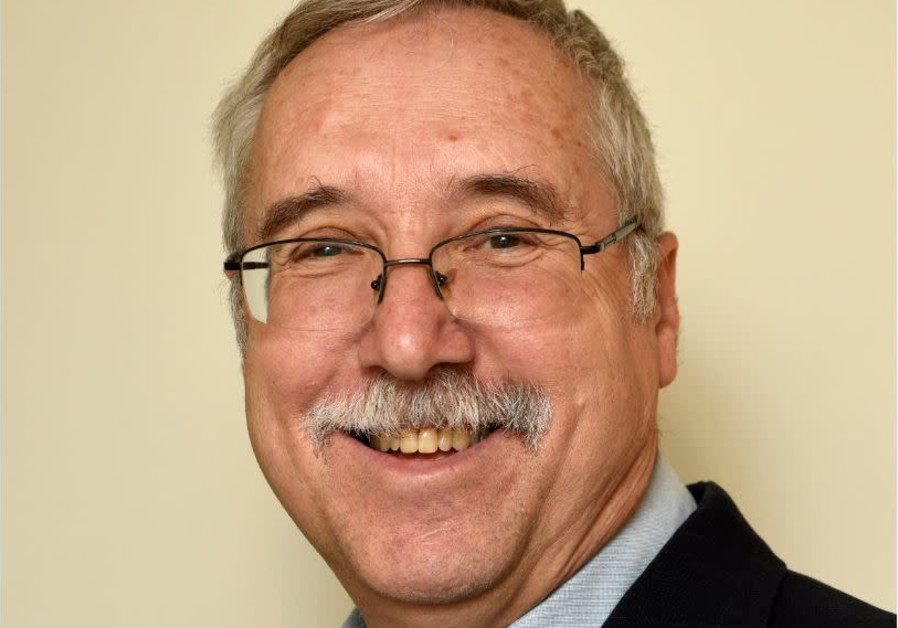
Durban had three frameworks -- diplomatic, youth and NGOs. At the diplomatic conference, when the proposed text -- singling out Israel with accusations of genocide, ethnic cleansing, war crimes and similar language -- was tabled, the American and Israel delegations walked out. The Europeans and Canadians stayed and brokered a revised text that greatly reduced but did not eliminate the anti-Israel focus. Whether or not this was the right decision continues to be debated -- by staying and compromising, the officials gave legitimacy to an illegitimate process.
But the most damaging aspect of Durban was the NGO Forum, including 1500 participating organizations, with the primary aim of waging a deadly war of hate against Israel. This part of the event was irresponsibly funded by the UN, EU, Canada, and the Ford Foundation.
There were mass marches through the streets of Durban, hate material was distributed, including the Protocols of the Elders of Zion and signs with a Star of David alongside a swastika. NGO representatives led by Human Rights Watch blocked and threatened Jewish speakers who did not toe the anti-Israel line. The UN High Commissioner, former Irish President Mary Robinson, presided over these events, but failed to respond. Afterwards, she meekly declared that there was nothing she could have done.
Plans for hijacking Durban were announced openly at a UN preparatory meeting in Tehran. Based on this script, the NGO Forum’s Final Declaration singled out Israel repeatedly with accusations of war crimes, ethnic cleansing and even genocide, and presenting an action plan for “the complete and international isolation of Israel as an apartheid state.” Just as the South African apartheid regime was overturned, Israel -- as the nation state of the Jewish people -- would be eliminated.
After Durban, the same NGO leaders and their UN allies moved quickly to implement the boycott and lawfare campaigns, proclaiming their myths as “legitimate criticism of Israeli policies.” In addition to discriminatory boycotts, the International Criminal Court was targeted from the beginning as a platform that can be readily manipulated by anti-Israel campaigners through false allegations and propaganda. This fuels the incitement that in turn leads to antisemitic attacks around the world.
In response, some on the front lines recognized the urgent need for confronting this hatred, and launched a process that led to the international consensus working definition of antisemitism, adopted in 2016 by the governmental members of the International Holocaust Remembrance Alliance (IHRA). As examples of this hatred, all of which are part of the NGO Durban strategy, they included “Denying the Jewish people their right to self-determination, e.g., by claiming that the existence of a State of Israel is a racist endeavor”; applying double standards; and “drawing comparisons of contemporary Israeli policy to that of the Nazis.”
We now stand 20 years later, and the Durban NGO strategy is being implemented through attacks on different fronts. Poisonous “apartheid weeks,” featuring the same NGOs and their anti-Israel slogans, are annual events on university campuses, inciting attacks on Jewish students who identify with Israel. Human Rights Watch and their allies, such as Al Haq, as well as some radical Israeli NGOs generously funded by European governments to act as political sub-contractors, continue to market the “apartheid” slogan, including a recent campaign and report that used the term 200 times, and received widespread media coverage, with no justification. Now, they have combined under the false banners of intersectionality and solidarity, adding the term “Jewish supremacy” to the poisonous agenda. Antisemitic attacks are at the highest levels since the end of the Holocaust. And in parallel, the NGO network is pushing a well-funded propaganda campaign to dismantle the IHRA working definition, disguised as an alternative “Jerusalem definition” without the Israel-related examples, precisely because it is the most effective mechanism for defeating the Durban strategy.
As if the current plague of antisemitism is insufficient, the UN Human Rights Council is planning a conference to revive and “celebrate” Durban, likely to be held in September 2021. In 2009, the major democracies stayed away from Durban 2 in Geneva, and under the leadership of NGO Monitor and like-minded groups, the NGO Forum was cancelled. Durban 3 in 2011 was also a non-event, but now, the anti-Israel majority of the UN Human Rights Council, under the leadership of Michelle Bachelet, is trying again. While the US, Canada, Australia and the UK have announced a boycott, others, particularly in Europe have not.
For the Jewish people, the scars of the original Durban events remain very painful, and the powerful UN and NGO network that hijacked the human rights agenda in order to demonize Israel continues to spread its poison. For world leaders who claim to oppose antisemitism, their complicity and silence in the wake of the virulent targeting of Israel and the Jewish people has already gone too far. Saying no to another Durban hate fest is the least they can do.
